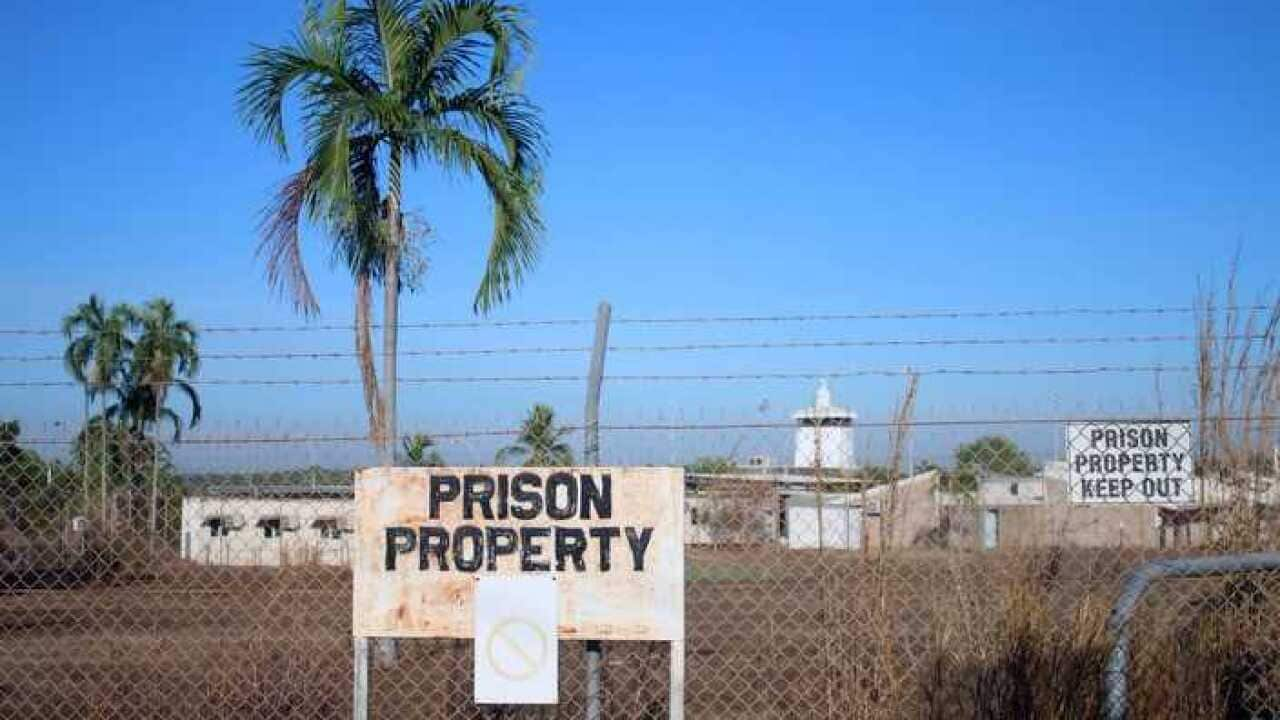Paediatricians and human rights lawyers have called on the Australian government to urgently raise the age of criminal responsibility from 10 to 14 to end the abuse of children in custody.
The Royal Australian College of Physicians' Dr Mick Creati said locking up children as young 10 had a lasting effect on their mental health, especially when most already came from disadvantaged backgrounds.
"We're further damaging kids who are already damaged by placing them in custody," the paediatrician told SBS News.
"These are kids that are very vulnerable, very traumatised, and a lot of them have neurocognitive deficits which can range from intellectual disabilities, faetal alcohol syndrome, ADHD, to massive trauma and neglect in the past.
"Children need support, care, and protection - not detention." The call comes after an ABC Four Corners investigation revealed Queensland children as young as 10 are being held in police watch houses alongside maximum security adult inmates.
The call comes after an ABC Four Corners investigation revealed Queensland children as young as 10 are being held in police watch houses alongside maximum security adult inmates.

Four Corners revealed children as young as 10 were being held in Queensland watch houses for weeks at a time. Source: ABC Australia
The state's watch houses are designed to hold adult offenders for up to 48 hours, but Four Corners discovered children were being held there for weeks at a time due to overcrowding in youth detention centres.
Dr Creati, who has worked extensively inside youth justice centres and Aboriginal health centres, said young children's brains are simply not developed enough to hold them criminally responsible for their actions.
"Children have poor planning capacity and less impulse control than adults, so a lot of the actions they're doing are understandable from a behavioural point of view," he said.
"Their behaviour should not be considered to be crimes, they’re just impulsive or ill-thought out acts of children."
A study published last year found 89 of the 99 children detained in Western Australia had at least one severe neurodevelopment impairment.
Falling behind the international standard
The average age of criminal responsibility around the globe is 12.1 years old, placing Australia more than two years below the average.
In Norway, Finland, and Sweden, the age of criminal responsibility is 15, while Brazil, Luxembourg, Peru, and Uruguay have a minimum age of 18.
"The reasons those countries have the age set at 14 is that paediatric neuroscience tells us that children’s brains are not developed enough under the age of 14 to be held criminally responsible," Human Rights Law Centre legal director Ruth Barson told SBS News.
"It is really important that our laws reflect what science tells us is in the best interests of children."
The UN has recommended 12-years-old as an absolute minimum age of criminal responsibility.
"Children aren't ready to have the full responsibility that comes with adulthood - for example, children aren't allowed to vote, they aren't allowed to drive, they aren't allowed to drink alcohol, and they can't even have a Facebook account until they're 13," Ms Barson said.
"It's common sense - a 10-year-old is usually in grade four or five, they usually play with Lego, they're still watching cartoons, and if you think of a teenager, they're just a fundamentally different person."
An issue coloured by culture
Australia-wide, 600-700 children under the age of 14 are jailed each year - and, according to Dr Mick Creati and the Royal Australasian College of Physicians, more than half are Aboriginal or Torres Strait Islanders.
Dr Creati said closing this gap between Indigenous and non-Indigenous children should be a priority.
"We want more support for Aboriginal communities, we want more support for schools to keep children in class, and we want more support for families to support parents struggling with mental health," he said.
"We know that the younger children go into the youth justice system, the more likely they are to stay in the youth justice system and re-offend, so we're looking for support and care, not punishment."
Queensland in the spotlight
While the age of criminal responsibility sits at 10 Australia-wide, the ABC's Four Corners put Queensland firmly in the spotlight, obtaining more than 500 files detailing cases of children who have spent time in the state's watch houses.
Queensland Public Guardian Natalie Siegel-Brown said in a statement there were 79 children in watch houses as of 10.30am Monday, in what she called a violation of their "basic human rights". “I have visited the Brisbane watch house, and seen with my own eyes children who are cold, who are hungry, who haven’t accessed any real outdoor air for two weeks or more, and who have little or no access to education,” she said.
“I have visited the Brisbane watch house, and seen with my own eyes children who are cold, who are hungry, who haven’t accessed any real outdoor air for two weeks or more, and who have little or no access to education,” she said.

Queensland's watch houses are designed to hold offenders for up to 48 hours. In many cases, they are later transferred to maximum security prisons. Source: ABC Australia
“There are solutions available right now, which I have already recommended to government."
She has called for temporary accommodation to be built immediately at youth detention centres and for appropriate facilities, education and psychological support for jailed children.
“Remember, these are children as young as 10 or 11, and almost none have been convicted of a crime – they are simply on remand," Ms Siegel-Brown said.
"Many of them have no place to be bailed because they are homeless or because we as a society have failed to take care of our children.”











